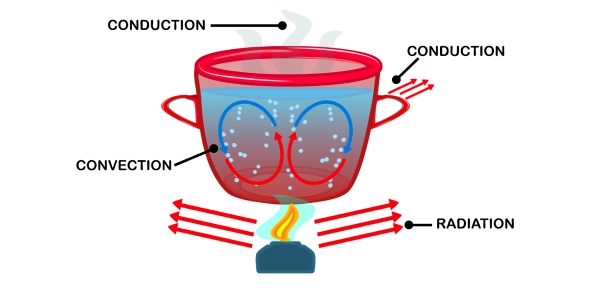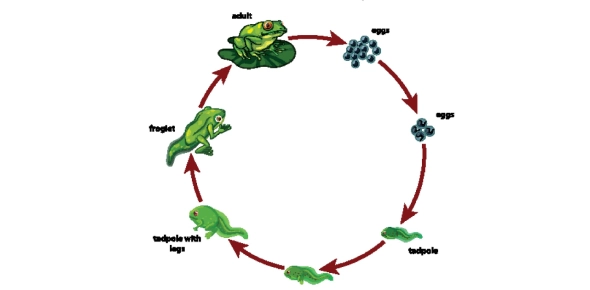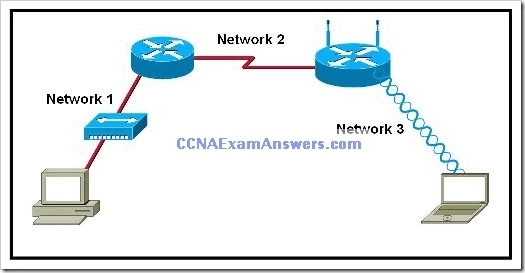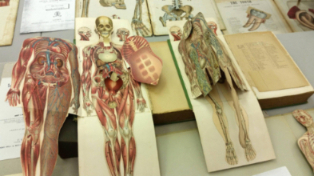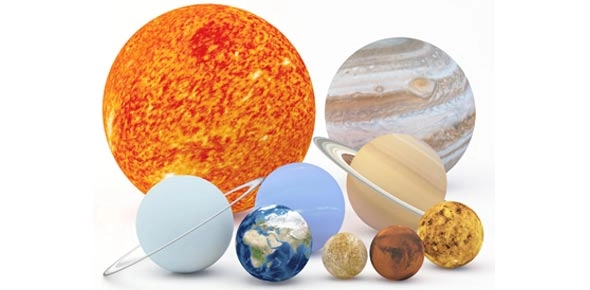
Challenge your knowledge of astronomy with our engaging space quiz! Test key concepts, NASA missions, and more to see how much you really know about the universe.
Questions and Answers
What's inside the Test Your Astronomy Knowledge with Our Space Quiz! quiz
What force keeps a satellite in orbit around Earth?
Which NASA mission first landed humans on the Moon?
What is the primary function of a Mars rover?
What is microgravity?
The International Space Station primarily orbits Earth at an altitude of approximately:
Which space program was active during the 1960s aiming to land humans on the Moon?
What is a space probe?
Newton's Third Law of Motion is often summarized as:
What is the purpose of the Apollo missions?
Which of the following is NOT a component of NASA?
A space shuttle is primarily used for:
Which mission is associated with constructing the first International Space Station?
The Gemini program was primarily focused on:
Which rover was designed to explore Mars?
What does NASA stand for?
Quiz description
Expand Your Cosmic Understanding
Dive into the fascinating world of astronomy with our comprehensive quiz tailored for science enthusiasts. Whether you're a beginner or have a stellar grasp of space concepts, this quiz will challenge your knowledge and perhaps even teach you something new.
What You'll Explore
- Fundamental astronomy vocabulary
- Key NASA missions and their significance
- The mechanics of rockets and satellites
- The intricacies of space stations and rovers
Why Take This Quiz?
Enhance your understanding of the universe, prepare for academic assessments, or simply satisfy your curiosity about the stars. Our quiz offers a balanced mix of questions that cater to various levels of expertise.
Boost Your Science Skills
Engaging with topics like microgravity, the Apollo program, and space probes can deepen your appreciation for the complexities of space exploration. Whether you're a student aiming for excellence in your science class or a hobbyist eager to learn, this quiz is your gateway to the cosmos.

